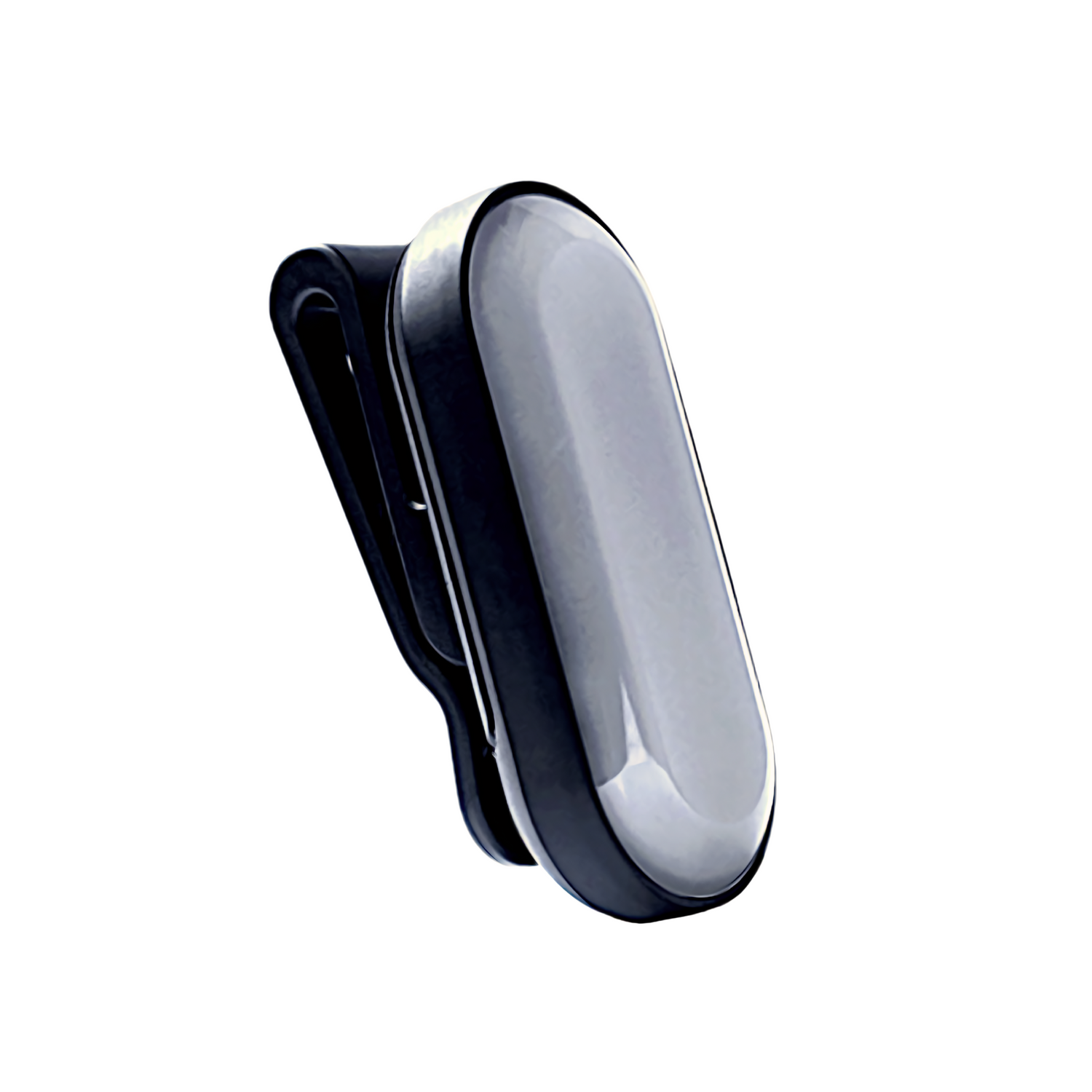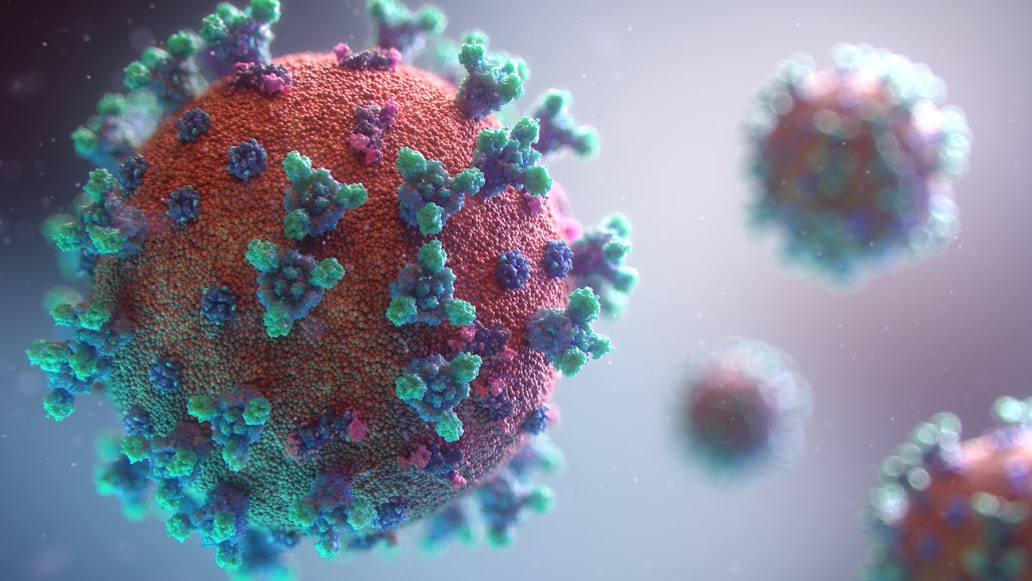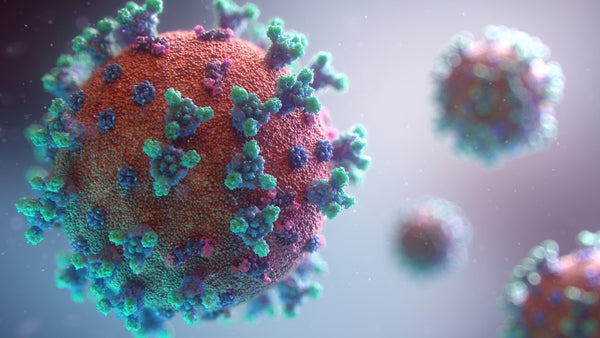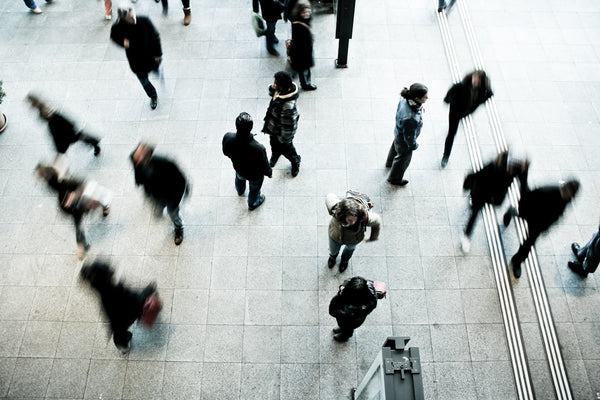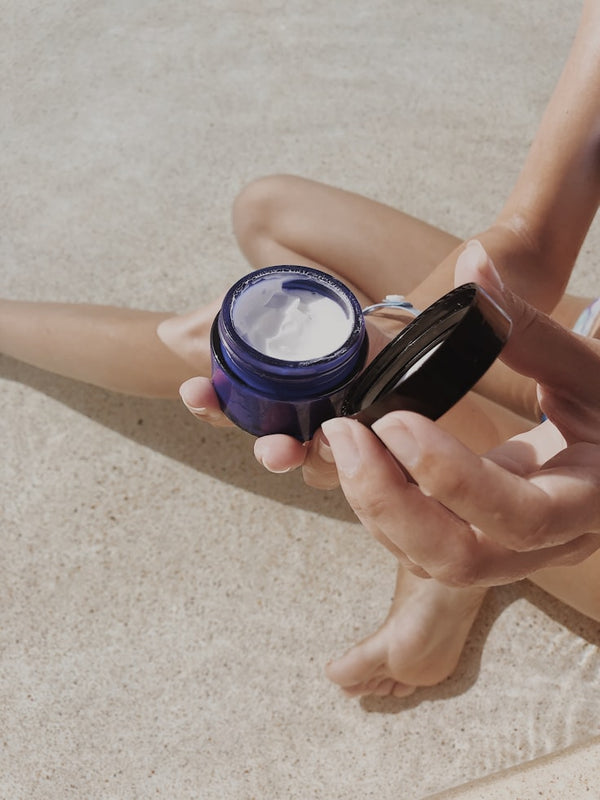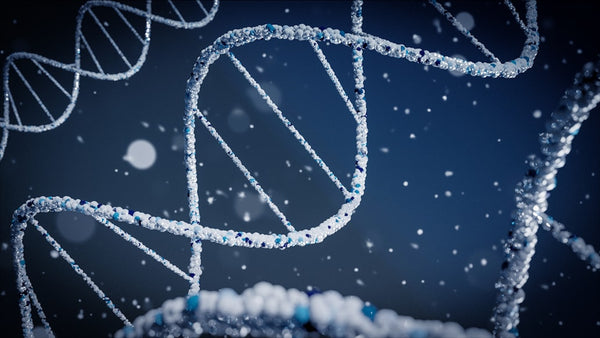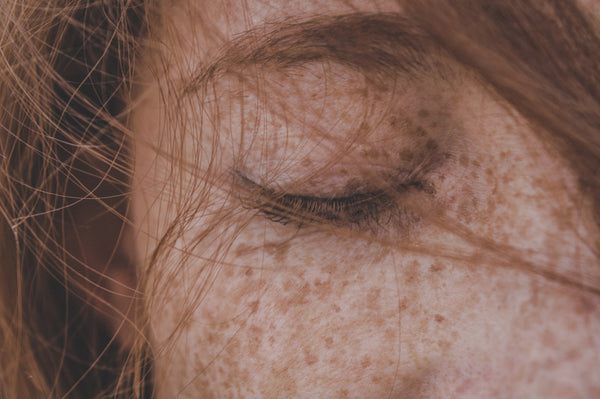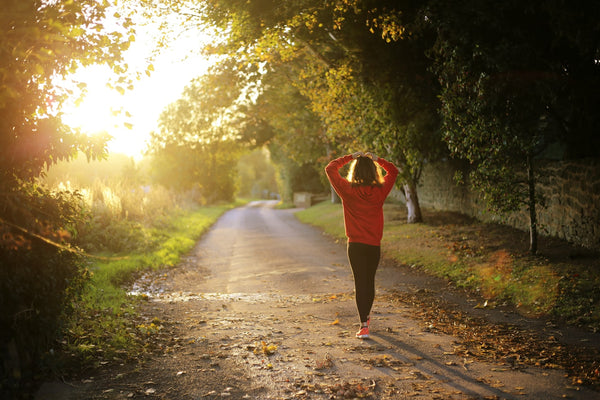That you should simply enjoy the sun so as not to get infected was one of the rumors that went around at the beginning of the corona pandemic. But is there any truth to the assumption that vitamin D could have an impact on the course of a Covid 19 disease? Scientists from the Tehran University of Medical Sciences and the Boston University Medical Center have investigated this in recent months.
The basics
You can find out exactly how vitamin D affects our body here. Vitamin D can improve the function of immune cells such as T cells and macrophages and protect our body from pathogens. A low vitamin D level increases the risk of respiratory diseases. It weakens our bones and muscles. It is also associated with mental illness.
To date, there has not been much research on the effects of vitamin D on host responses. Especially with regard to SARS-CoV-2, we have to wait until the corresponding investigations are available. "A study examining four compound libraries for antiviral activity reported inhibitory effects of the active vitamin D metabolite 1,25-dihydroxyvitamin D (the steroid hormone and biologically active vitamin D metabolite) in human nasal epithelial cells infected with SARS CoV-2.2 are infected", describe Adrian Martineau and Nita Forouhi in "The Lancet".
This has been investigated
235 patients suffering from Covid-19 were examined as part of the study. The scientists analyzed how the disease progressed in patients with sufficient vitamin D levels compared to patients with vitamin D deficiency.
The results
It was indicated that there is a connection between a sufficiently high vitamin D level in the patient and the course of their disease. Patients over 40 years of age with vitamin D levels above 25(OH)D<30 ng/mL were about 50 percent less likely to experience severe disease than those with vitamin D deficiency.
What does this mean for Covid-19 diseases?
Not much at first. The results suggest that there may be a link between vitamin D levels and disease progression. The influence of the vitamin on our immune system confirms this assumption. But the criticism of this study is not insignificant either. Above all, it is directed against the small number of participants and the hasty conclusions that have sometimes been drawn from the results.
Follow-up studies and investigations must now show whether the results are confirmed and what conclusions can be drawn from them. We are curious.
But, and Adrian Martineau and Nita Forouhi also emphasize this in their analysis "Can Vitamin D Lower Your Risk of COVID-19" for "The Lancet": Actively counteracting vitamin D deficiency is beneficial on many levels, but does no harm. Even without a positive impact on Covid-19 diseases.
Sources:
